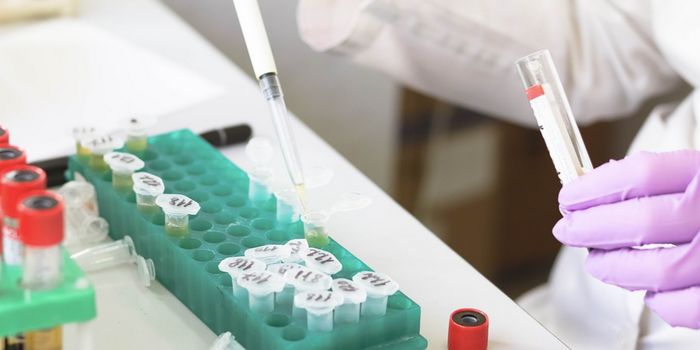Doctors at Massachusetts General Hospital broke new grounds as they announced the first penis transplant in U.S. history. The 15-hour procedure is only the third such operation performed worldwide.
The recipient of the transplant is 64-year-old Thomas Manning, who was afflicted with an aggressive and potentially fatal penile cancer. To effectively treat his cancer, doctors were forced to perform a partial penectomy, surgical removal of the penis. Even before he was discharged for the penectomy, Mr. Manning expressed great interest in a possible penis transplant operation. And though his doctor thought it was a far-fetched idea at the time, now three years later, Mr. Manning got his wish.
The landmark operation occurred last week, whereby a team of surgeons spent 15 hours reconnecting the nerves, veins, and arteries of the donor penis to Mr. Manning. The organ came from an anonymous deceased donor whose family charitably donated organs via the New England Organ Bank.
Mr. Manning’s doctors remain “cautiously optimistic” as they navigate with Mr. Manning through his post-operative recovery. Despite a hemorrhage event after the procedure, Mr. Manning is currently doing well. His doctors hope he will regain normal urination functions within a few weeks, and possibly sexual functions not long after. But Mr. Manning is fully aware of the transplant’s limitations. “If I’m lucky, I get 75 percent of what I used to be,” he said. “Before the surgery I was 10 percent. But they made no promises. That was part of the deal.”
Indeed, to many men the penis is a vital organ that’s strongly associated with their sense of self and identity as male. Penile cancer is rare, but it affects about 2,000 men every year. In addition to disease, a large number of soldiers suffer genitourinary trauma caused by explosive devices. In fact, from 2001 to 2013, the Department of Defense Trauma Registry recorded over 1,300 military men suffering from genital wounds. Thus, the possibility of restoring this organ, albeit not to its exact original form, is life-changing for these men.
Late in 2015, doctors at Johns Hopkins University
began prepping for 60 penis transplants, targeting the procedure for injured veterans. So far, they have had one person on the waiting list for a compatible donor. In the mean time, the success Mr. Manning’s transplant operation will, no doubt, be a valuable learning experience for doctors at Hopkins.
As part of the post-operative monitoring, Mr. Manning’s doctors are working to minimize the required doses for anti-rejection medicines. These medicines are designed to prevent the body from attacking the newly transplanted organ, but they also pose significant threats, such as cancer or kidney damage.
Additional sources:
Massachusetts General Hospital news release,
NY Times








